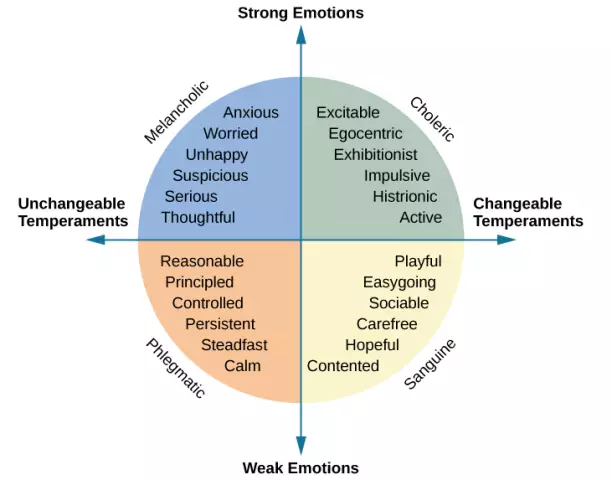- Author Rachel Wainwright wainwright@abchealthonline.com.
- Public 2023-12-15 07:39.
- Last modified 2025-11-02 20:14.
Relationship in a family with a child
Relationships in a family with a child largely determine his future behavior, the nature of communication and success, since children, first of all, recognize good and bad attitudes in the family.

Types of family relationships with a child
The influence of parents on the personality of the child is described and studied by psychologists in sufficient detail. They were able to identify 4 general types of parent-child relationships in the family:
- Indifferent;
- Authoritative;
- Authoritarian;
- Liberal.
One way or another, but the relationship between children and adults in childhood will be reflected in the relationship with adult children.
The family upbringing system is not always understood by parents. In addition to the fact that it is based on a list of what is acceptable or unacceptable in relation to a child, it must adhere to purposeful methods and goals of education. A prerequisite for family relationships with a child may be:
- Cooperation;
- Non-interference;
- Hyper-care;
- Dictate.
Under dictatorship, the relationship between children and adults is based on the regular humiliation of the child's self-esteem, on the suppression of his opinion and initiative. Such a relationship cannot be compared with the purpose of education or norms of moral behavior. Often, the impact is made with violence, in an orderly tone, with the resistance of the child. In response to pressure from parents, children, in turn, respond with counter-arguments - rudeness, deception, hypocrisy. Hating one's own parents is an extreme degree of backlash.
The other side of the coin is that when a child's resistance can still be broken, this can result in a broken personality without self-esteem, deprived of such important qualities as independence, self-confidence and self-confidence. It is safe to say that the failures in the life of such a person have a foundation and are laid down by dictatorial upbringing in childhood.
Hyper-care implies such relationships in the family with the child in which he is protected in every possible way from difficulties and worries. Any request and wish of the child is quickly fulfilled, and he himself does not put any effort on them. Often such relationships take place in families where the child is the only one or the long-awaited one. The goals of educational influences in the process of upbringing are replaced by the task of meeting the needs of children.
With overprotection, the relationship between children and adults leads to the fact that children are insufficiently or completely unprepared for an independent adult life. And if in childhood the manifestations of this can be minimal, then in adolescence the frequency of breakdowns in this category of children is higher.
Non-interference, tactics of upbringing recognizes the admissibility and necessity of independent existence of adults and children, and neither one nor the other should cross the conditionally outlined line. Experts believe that this interaction in the family is based on the passivity of parents as educators.
Cooperation in relationships is subject to common goals and objectives of parents and children, in the presence of common interests and related activities. Only in such conditions is it possible to overcome the child's egoism in relations with the mother and other relatives.
Influence of family relationships on child behavior
Whether the child's behavior will be adequate or inadequate is largely determined by his relationship in the family. They depend on:
-
Level of claims;

Family Relationship Rules - Parents and Children - The success of training and communication;
- Self-assessment;
- Emotional condition.
In a family where parents constantly reprimand and blame, set too high tasks and goals, children have low self-esteem, as a result of this, insecurity and a bad mood. That is, the child's behavior becomes inadequate to the objective environment.
On the other hand, inadequacy also manifests itself in the form of overestimated self-esteem, when the child is constantly praised, and the requirements for him are very mild.
As a result, the child will grow up the way his parents brought him up in childhood.
Found a mistake in the text? Select it and press Ctrl + Enter.






